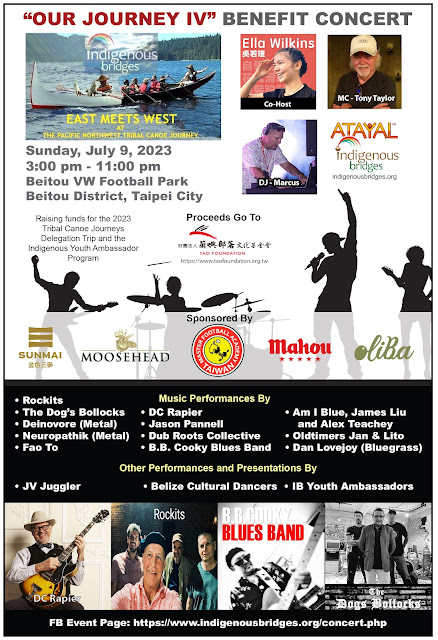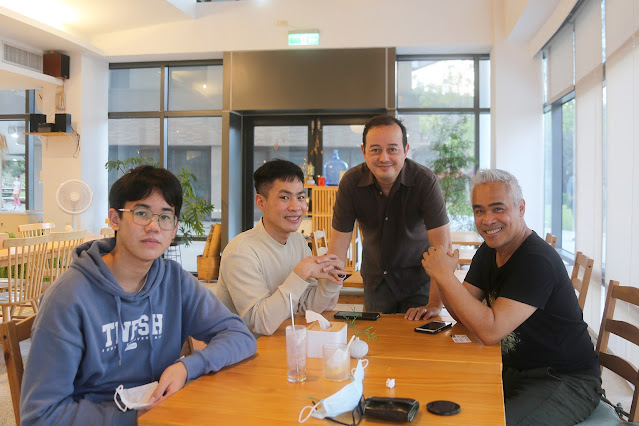Indigenous Taiwanese Profile - Huang Bi-Mei
Huang, Bi-Mei
Wisdon-Keeper and Practitioner of Women's Songs and Dances
DongqingVillage, Orchid Island
Hailing from Dongqing Village, Huang Bi-Mei is a vital bearer of women's cultural heritage on Lanyu. For decades, she has devoted herself to the transmission of ceremonial songs and dances, playing a key role in local women's groups and serving as a living repository of language, ritual, and embodied cultural memory. Through her leadership, she guides younger generations to understand the deeper cultural contexts behind Lanyu's melodies, movements, and oral expressions, ensuring that her community’s embodied traditions live on.
Born into a respected canoe-building family, she also participated as a family member in the making of Si Mangavang, the great plank canoe of Dongqing Village. She witnessed firsthand the collective strength behind the vessel—from the gathering of timber to its construction, blessing ceremonies, and eventual launching. Although the building of canoes is traditionally the domain of men, Huang Bi-Mei, as a mother and supporter, played a central role in care, nourishment, and emotional support—highlighting the complementary relationship between genders in sustaining culture holistically.
In Tao (Yami) tradition, "the taro field is the sea of women." Women are not only the caretakers of the household and farmland, but also the keepers of language, songs, rituals, and everyday wisdom. Huang Bi-Mei embodies this role with grace and resolve, offering a grounded and enduring female perspective in the ongoing development of the community. Through her work, cultural revitalization becomes not only a project of memory restoration, but also of reweaving social relationships in contemporary Lanyu.






Comments
Post a Comment